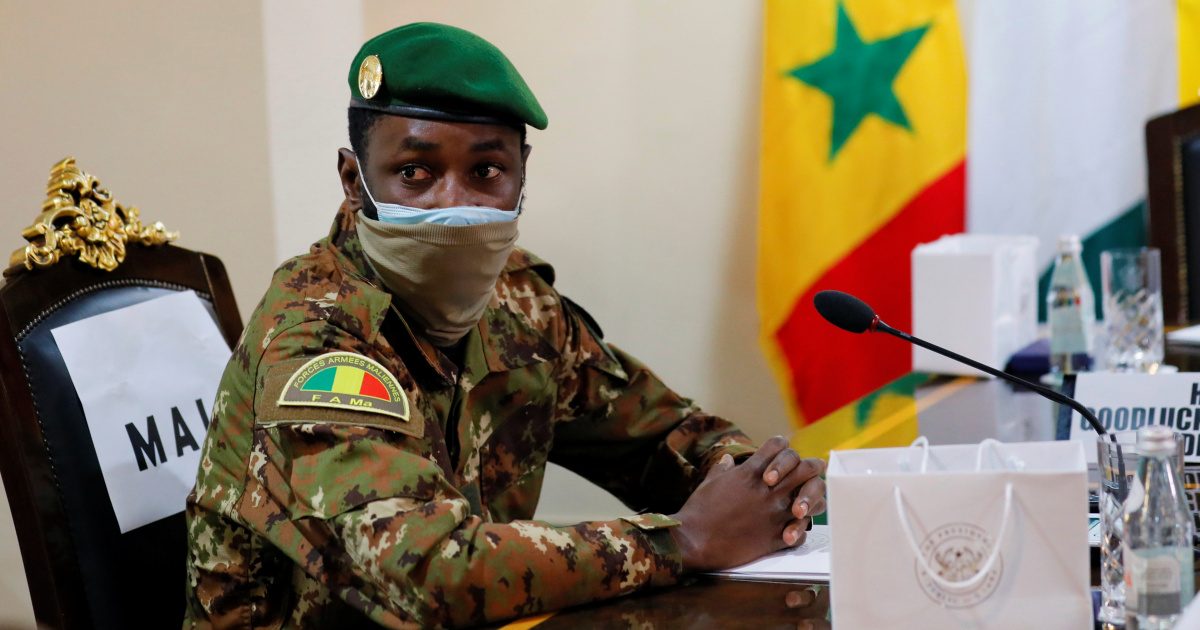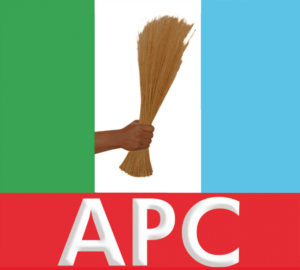Malian military govt condemns ECOWAS sanctions

By OUR REPORTER

From Mali’s experience where, like in Nigeria and other black world, it became obvious that attitude of members of the public to impatiently use undemocratic means of violent protests to change their government brought the military to power.
Malian military authorities on Monday condemned sanctions imposed on its country by the Economic Community of West African States (ECOWAS) and responded by recalling its ambassadors to the organisation’s member states.
On Sunday, ECOWAS countries had imposed tough sanctions against the military authorities of Mali.
West African states reportedly decided to freeze Mali’s assets in the Central Bank of West African States, close borders with Mali and suspend trade transactions with the country, with the exception of medical and essential goods.
ECOWAS also decided to withdraw member-states’ ambassadors from Mali and to impose sanctions on financial aid.
In a statement by the interim authority, “the Government of the Republic of Mali was astounded to learn about the economic and financial sanctions imposed on Mali.
“The sanctions follow the extraordinary summits of the ECOWAS and the West African Economic and Monetary Union (WAEMU).
“These measures run counter to the efforts of the government and its readiness to engage in a dialogue with the aim of reaching a compromise with ECOWAS on the timetable for election in Mali.”
The Malian authorities called the sanctions illegal and illegitimate, stressing that they were not based on any guidelines of the community.
“The Government of Mali regrets that West African sub-regional organizations are used by powers outside the region which have ulterior motives,” the statement said.
In response, the Malian military authorities have also decided to recall ambassadors to the ECOWAS member states and to close land and air borders with the countries of the organisation.
In November 2021, Malian Foreign Minister Abdoulaye Diop announced that presidential and parliamentary elections initially scheduled for early 2022 in Mali would be postponed due to the volatile security situation across the country.
ECOWAS, in turn, threatened the Malian military authorities with sanctions.
However, Mali has experienced two military coups within the past two years.
In August 2020, a group of Malian soldiers started a mutiny at the Kati military base near Bamako.
Insurgents kidnapped several ministers and high-ranking military officials, including then-President Ibrahim Boubakar Keita, who later dissolved the government and parliament.
In September 2020, the parties agreed on a transition period that would last for 18 months, leading to parliamentary elections and Bah N’Daw, a former defence minister was appointed interim president.
However, in May 2021, Mali saw its second coup, as then-Vice President Assimi Goita ousted the new president and prime minister for allegedly violating the transitional charter.
He was appointed as interim president by the constitutional court and announced that presidential and parliamentary elections would be held in 2022.
What is obvious is that, Army officers led by Colonel Assimi Goita toppled the elected president Ibrahim Boubacar Keita “amid street protests against his unpopular rule”.
The DEFENDER reports that other Africans, while the ECOWAS sanctions have been commendable, should learn from Mali’s experience where, like in Nigeria and other black world, it became obvious that attitude of members of the public to impatiently use undemocratic means of violent protests to change their government brought the military to power.
This, President Muhammadu Buhari made impossible, so far, for the likes of Omoyele Sowore’s #RevolutionNow, Abubakar Shekau’s Boko Haram, Nnamdi Kanu’s Indigenous People of Biafra (IPOB) and Sunday Igboho’s Yoruba Nation.
Africans, no matter how dissatisfied they are with their elected authorities, are now said to therefore be strongly required to learn how to wait for democratic schedules to decide who their trusted leaders should be and not try to get through violent protests what they cannot get through the ballot boxes.









